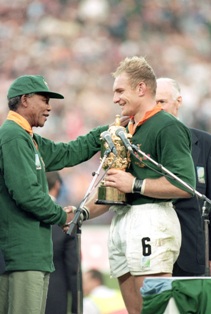 This eclectic series of short essays discusses ideas, questions and concepts that make you think. Sometimes he challenges conventional thinking (why being a follower can be good), and other times he just questions our actions (should you pray for your team to win), there is some advice. And the rest of the time it is just plain interesting.
This eclectic series of short essays discusses ideas, questions and concepts that make you think. Sometimes he challenges conventional thinking (why being a follower can be good), and other times he just questions our actions (should you pray for your team to win), there is some advice. And the rest of the time it is just plain interesting.
If you are looking for new ideas, or to find a different take on old idea, you will enjoy this book. As a Toastmasters, there are some great ideas for your next speech.
Some of the ideas discussed are:
- The cult of busy
- Why you must lead or follow
- The size of ideas
- How to keep your mouth shut
Many of the essay’s are on Scott’s website, so you can check them out before you buy the book. http://www.scottberkun.com/essays/
This book is kind of a “Chicken Soup for the Philosophical Soul”, and gives you interesting ideas to consider, without being too complex or deep (most of the stories are only a page or two, but the could be expanded into longer essays or books). If I had to criticise, I would like to see some more depth to some of the articles, I feel that sometimes he is just touching the tip of some very complex idea.
But then to contradict myself, it is refreshing to read a chapter that gets my brain engaged, but is only a few hundred words long.
The entire book is just short of 200 pages, but I don’t think that I would read it cover to cover. For me it is a book that you jump into from time to time, find an interesting chapter and read it. They are the kind of chapters that you can re-read a few times. You can buy the print or Kindle version from Amazon.com for just under $11.


